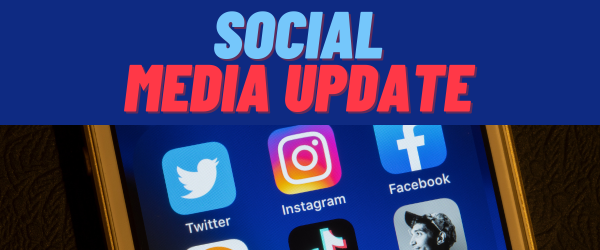Last month, Facebook’s Oculus, a virtual reality product and overall concept, announced myriad updates to its technology. However, the three announcements that stood out concern Oculus Dash, Oculus Go and Oculus Business.
Revamped Oculus Rift with Dash and Home
TechCrunch reported Oculus Rift is getting a complete makeover. The change — Oculus Core 2.0 — will roll out to users in beta form in December.
Oculus Dash will allow users to replace their desktop monitors with a VR interface. With a wave of their hand, users can switch between traditional desktop apps (Facebook, YouTube, etc.), code and communication. TechCrunch reported Dash also will allow developers to “debug VR apps while actually running them via Visual Studio, Unity and Unreal.” Screens will appear in full-fidelity inside Dash, and users can access the rest of their PC beyond its core apps.
The new Oculus Home will allow users to customize their personal VR home. “[The user] can pick all sorts of sensible or sci-fi furnishings like art, seating and toys,” reported TechCrunch. “You can show off trophies of your in-game achievements, and even play retro video games by popping cartridges into old-school game machines. Oculus is planning to let you hang out with friends inside Home in the future.”
Oculus Go is an affordable, mobile VR headset. It’s priced at $199 and will ship early next year. The headset will allow users to spin, but not necessarily move freely. Go is incredibly lightweight, feels soft to the touch, provides a wide field of view, “utilizes a ‘fast-switch’ WQHD LCD screen and spatial audio [and] will be cross-compatible with all Gear VR titles,” reported TechCrunch. Go’s VR also allows developers easy access to and interaction with its technology.
TechCrunch added Oculus Go will open a new market to Facebook, allowing the company to ease move away from relying on phone manufacturers “for their entry-level VR experiences.”
Oculus for Business
No one will buy any Oculus products if there’s no way to try out the products first. Thankfully, Oculus gets that, so it’s developed Oculus for Business to help companies properly display its gear to the public.
Oculus for Business allows companies to buy “$900 Oculus Rift bundles in bulk with enterprise-grade warranties, a full VR commercial license and access to dedicated customer support,” TechCrunch reported.
The bundles include Oculus Rift, a remote, Touch controllers, three sensors that allow users to create room-scale VR, and extra face pads so “businesses can accommodate high volumes of different users.”
TechCrunch added the decision could boost Rift’s sales while utilizing Facebook’s network of business clients.
Oculus created Business because of Apple’s success with pitching new hardware to audiences in a controlled environment.
“Most people don’t have the cash, space or expertise to build a room-scale VR rig inside their home. It would sit idle most of the time anyway,” explained TechCrunch. “But a business could much more easily dedicate a VR room, have staff knowledgeable enough to set it up and achieve a constant flow of customers or co-workers to make it all worthwhile.”
What this means for you
VR is the future. Period.
Although the technology may be a long way in the future for average, middle-income people, the technology would be bonkers in a good way for the cam world. Can you imagine how well a VR version of you would go over with fans?
Overall, Oculus’ technology and products could be an amazing advancement for the cam world.
—
Abbie Stutzer is a writer and editor from Lawrence, Kansas. Find her on Twitter at @abbiestutzer and on Insta at @abbiestutzer. Email her at abbie@ynotcam.com.









